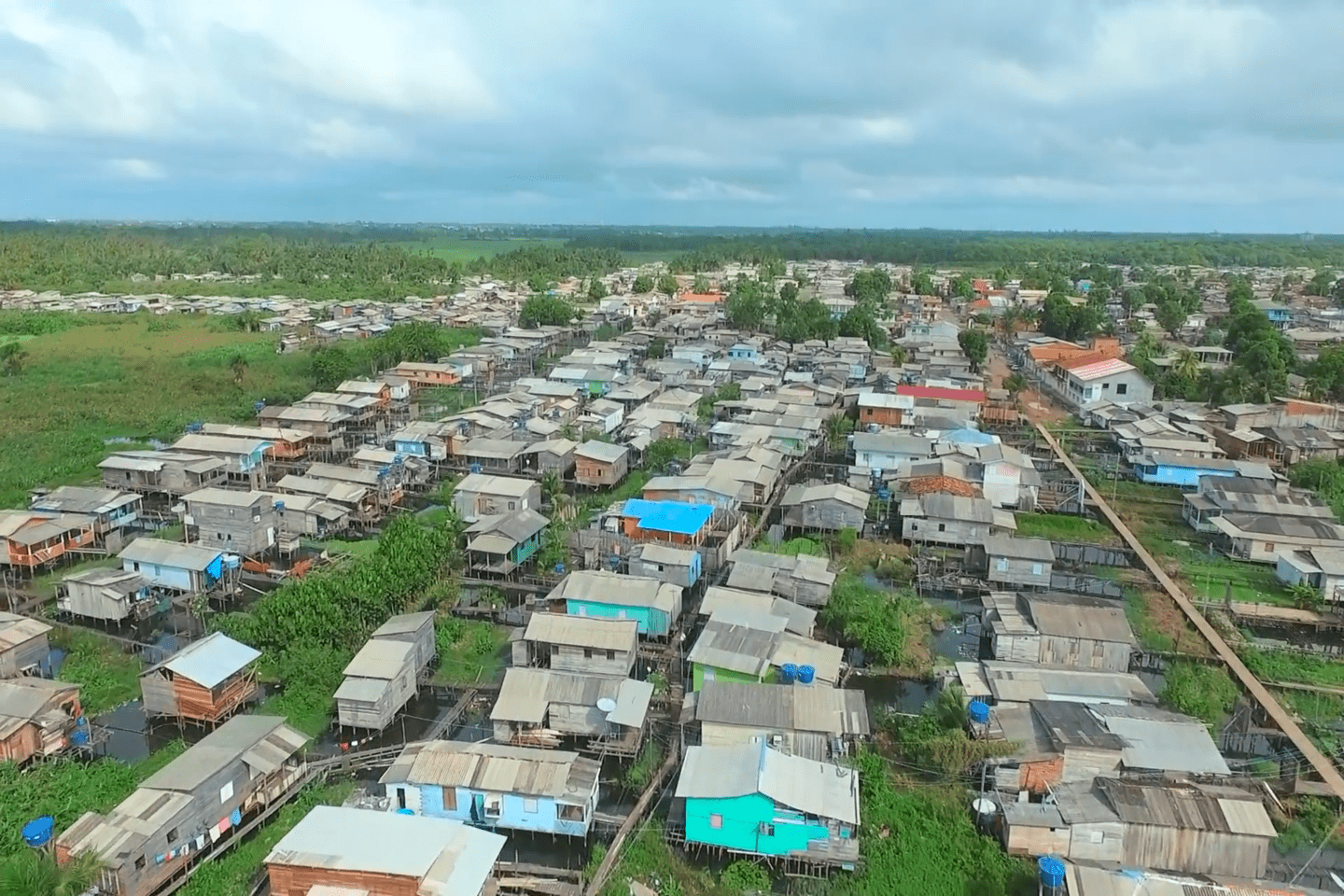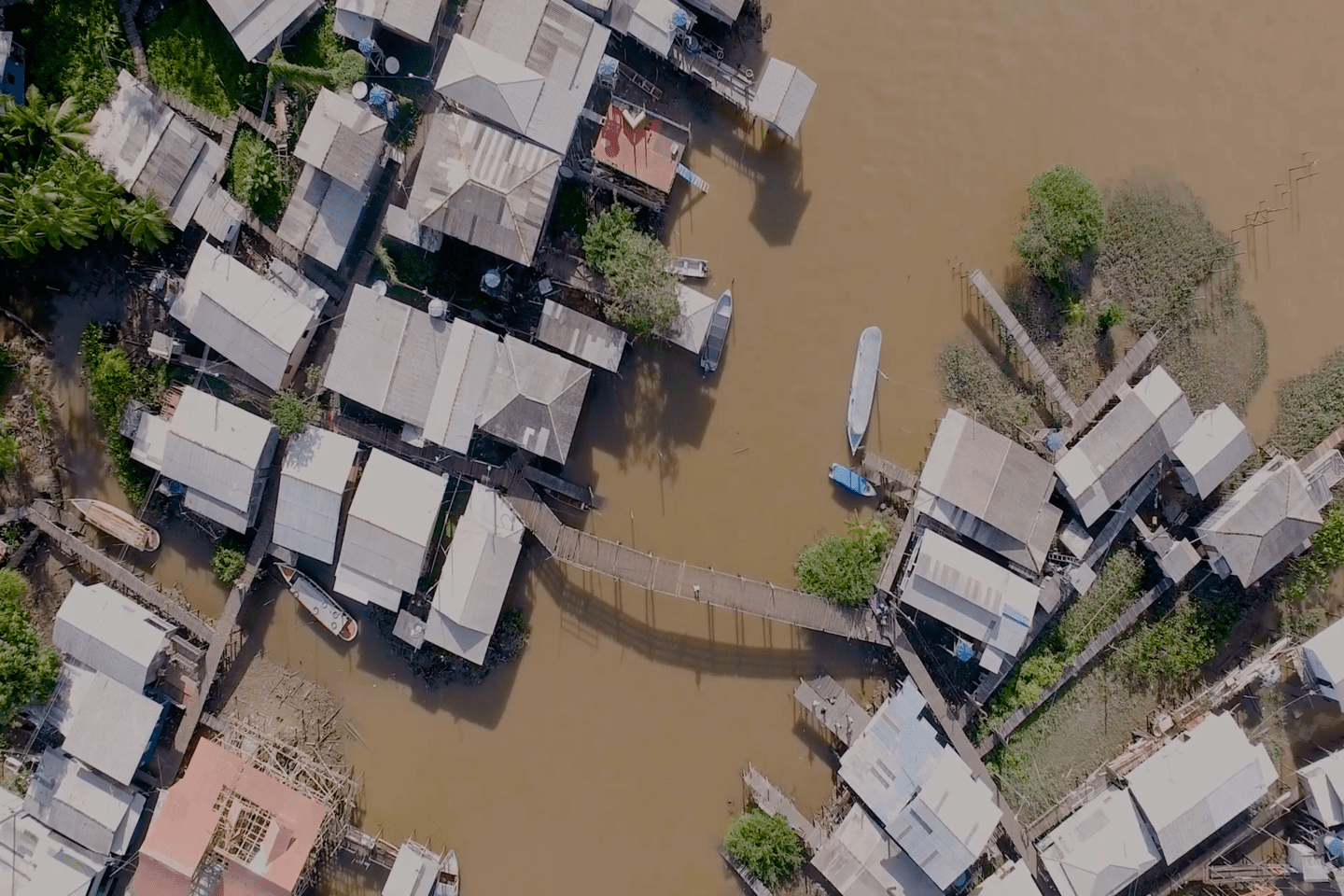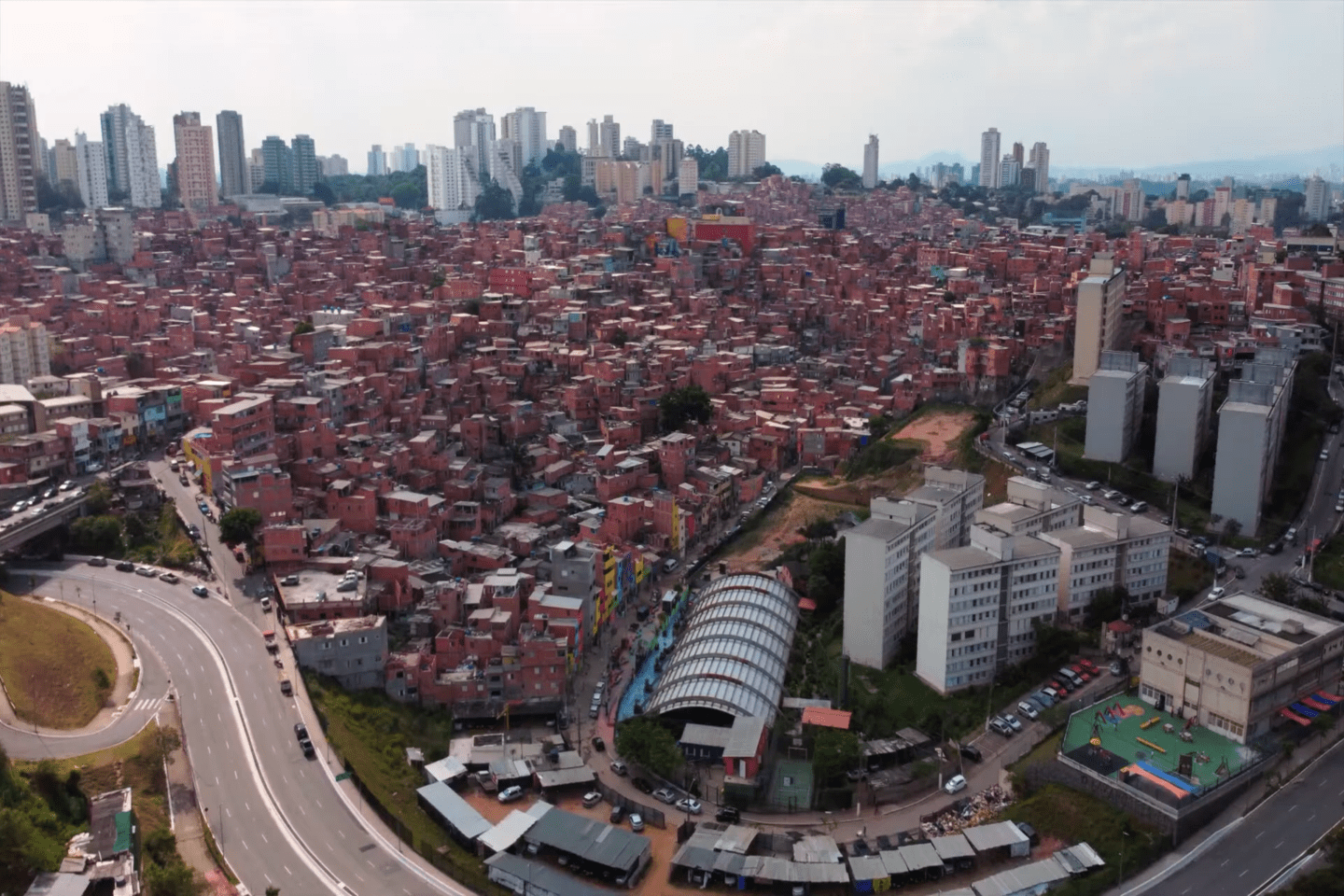Project implementation: Brazil
Project development: Brazil, Mexico
Invisible Cities, Incredible People (cipesin.com) is a participatory media project that uses audiovisual resources to give voice and visibility to community leaders in Latin America. In urban peripheries, precarious housing and the lack of basic infrastructure remain major challenges, faced daily by residents who often find solutions to collective issues in their own local leaders. Their initiatives, although transformative, remain invisible beyond their territories. The project seeks precisely to break this silence by documenting and disseminating stories of mobilization and solidarity that reveal the power of excluded communities.
The initiative began as a pilot project during the postdoctoral research of Bianca Moro de Carvalho, a professor at the Federal University of Amapá (UFA), at the School of Architecture and Urban Planning at Mackenzie Presbyterian University in São Paulo. The project was supported by a CAPES grant and supervised by Professor Dr. Angélica Benatti Alvim. From the outset, it collaborated with researchers from the Federal University of Amapá (UNIFAP), Mackenzie University, and the Autonomous University of Ciudad Juárez (Mexico), resulting in documentaries that portray the lives of residents in various Latin American contexts. Currently, it is part of the research project of the same name at UNIFAP and has its own platform, cipesin.com, which hosts the films produced and new narratives.
Stories have already been recorded in seven cities: Macapá and Santana (Amapá), Paraisópolis (São Paulo), Goiânia (Goiás), São Félix do Coribe (Bahia), Mexico City, and Ciudad Juárez. The documentaries' authorship and filming are the result of a shared direction between the project's coordinators and the volunteer collaboration of professionals: photographer Guy Veloso filmed in the Sertão region of Bahia; Mariana Contreras-Saldaña recorded Ciudad Juárez; Selenne Galeana Cruz worked in Mexico City; Willian Santiago in Paraisópolis; and Filemon Tiago in Goiânia. This network strengthens the reach and broadens the diversity of perspectives. In all cities, the stories reveal leaders who face social inequalities, lack of access to housing, education, healthcare, and political representation. Despite the adversities, they demonstrate enormous capacity for mobilization, coordinating practices ranging from cultural workshops and community food to demanding public policies.
The methodology used is participatory media, introduced at UNIFAP in 2017 by filmmaker Peter Lucas, a professor at New York University and The New School, and author of the book "Viva a Favela: Direitos Humanos e Incluição Visual no Brasil, dez anos de fotojonalismo" (Live the Favela: Human Rights and Visual Inclusion in Brazil, Ten Years of Photojournalism). Its proposal is based on audiovisual production in conjunction with the residents themselves, allowing them to narrate reality from their perspective. This practice democratizes communication, reinforces community leadership, and transforms documentaries into tools for social inclusion, critical reflection, and the promotion of human rights.
The results are already demonstrating impact: strengthening international academic networks, creating spaces for debate on the right to the city, and encouraging communities to produce their own audiovisual recordings.
Invisible Cities, Incredible People is, therefore, more than a research project: it is a movement to listen to and recognize silenced voices. By uniting teaching, research, and outreach, it promotes transnational exchanges and brings distant worlds closer together, contributing to the construction of more just, supportive, and resilient societies.




